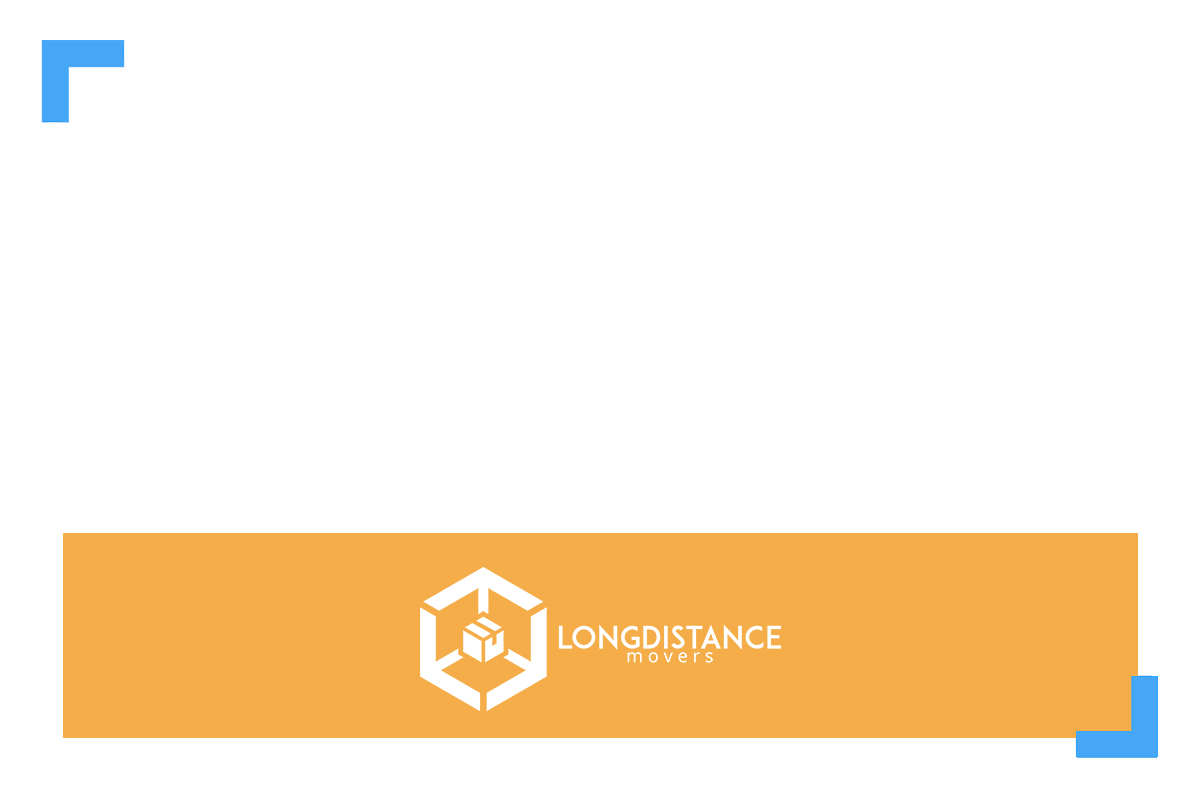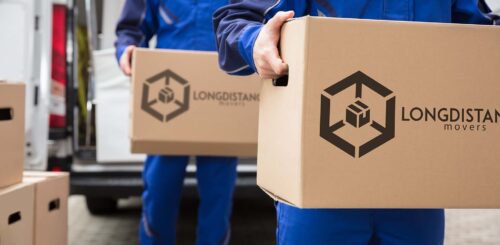Have you decided to move out of your parents’ house and begin a new life on your own? Then, you’ve surely realized that the most important issue is creating a moving out for the first time budget. Not only do you have to think about paying the rent and furnishing the apartment, but you also face a number of side expenses, such as relocation expenses, bills, etc. For someone who was nestled in the comfort of parents’ home, this is a huge challenge. But, we all need to leave the nest and spread our wings at one point. Hopefully, this guide will help you with the first and crucial part of this process – setting up your budget.


Tips for Creating a Moving Out for the First Time Budget Checklist for Your Apartment
You can start budgeting by deducting all potential expenses from your salary or income. Deduct not only the regular cost of living but also the additional amounts you will spend, like relocation expenses, deposits, life and homeowner’s insurance, and other fees. Make a checklist for your relocation expenses, so you have a better idea of how to move and save money even if you’re getting an apartment out of state.
And don’t forget to create an emergency savings fund – you never know when you’ll have to use it. Then write down all the expenses and do some math. As you will figure out, you will probably want to cut down on how much you usually spend, starting with things like entertainment and hobbies.
To anticipate your basic expenses when budgeting, you need to take into consideration the following things:
- the rent and deposit for your new home (if required)
- costs of relocation for all the services you’ll use
- Basic utilities: electricity, water, gas, cable
- moving insurance as well as homeowners’, car, and life insurance
- phone and internet bills
- groceries and toiletries
- any loan you may have taken
- monthly payment to your savings account
You can ask your landlord or utility companies to let you know about any other costs and fees you will be faced with in your future place.

Make a Calculation of all Costs of Moving
Before you start planning your move, you need to know how much it will cost you. Relocation can cost more or less depending on the kind of service you would like to get, and whether you are doing the majority of packing yourself. But you still need to buy packing supplies, calculate gasoline costs, meals and expenses upon arriving at your new home, etc. To get a good idea of the relocation prices, it’s best to contact the relocation company to see how much the moving services will cost you.
Rent, Deposits, and Application Fees You Should Pay
Rent is a fixed amount you know you will spend each month if you haven’t made some other arrangements. For example, the one where you are not bound by the contract to stay for a stipulated period of time but which does not bind the landlord to a fixed amount of rent either.
Apart from having enough money to pay the rent for at least a couple of months, you will probably have to pay a security deposit and rental application fees. Bear in mind that utility companies might also require deposits or connection fees when you rent an apartment.
Utilities in Your New Apartment
Usually, utilities such as gas and water are included in the rent as they are not very expensive. Electricity depends on your consumption, but it shouldn’t be a huge burden either. Cable and internet are often offered by providers in a package along with the cell phone at a lower rate, but make sure to ask about the installation fee.
In some apartment complexes, there are additional fees for pets, garbage, parking, administration, and security, so be sure to check all the additional utilities before making the decision. There may also be an administration fee for the credit check. Make sure you remember to calculate the broker’s fee if you hired one to find you an apartment. Keep all these things in mind when budgeting.


How Much Money Will You Spend on Food and Supplies
Filling up the kitchen for the first time is a costly business, but you can start with basics. Even though food is not very expensive, it is still a regular expense you have to count on every day. Also, you can cut down on food expenses considerably by cooking your own meals or getting only the basic supplies.
Getting Insurance Will Make Your Life Easier
Renters’ or tenants’ insurance is a reasonable way to protect your belongings from theft or other misfortune and many management companies demand it as mandatory protection and include it in your utilities. It is usually not expensive and you can also get a discount if you bundle it with car insurance. Just make sure you organize all the important papers you need.
A Good Credit Rating Can Be of Use
Creditability is very important when budgeting, especially if you want to qualify for a loan, but young people are often careless and fail to pay their bills on time, thus ruining their credit possibilities. So be responsible in that respect or you will face the consequence of not getting the loan when you need it the most.
Watch Your Budget and your Savings
You need to be realistic when budgeting and compare your income with your expenses to see how much you can save or where you need to cut down. Run a test by keeping track of how much you have spent on food in a week, for example, or on your phone bill, just to get the basic idea.
The purpose of this test is making sure that you don’t dig into your savings. Sure, every once in a while you’ll have a bad month – that’s what the savings are for. But you shouldn’t let yourself rely solely on the cushion you set aside for a rainy day.


Create an Emergency Fund
Before moving out, save some money for additional or unexpected expenses. Start with small amounts before relocating to assemble a basic rainy-day fund.
You can save money by cutting down on unnecessary expenses. For example, by making a good deal with your cable provider and getting the reduced rate for the first period of subscription. Or by relocating during the working week, and avoiding weekends when the prices are higher. Also, be modest with the furniture at first.
Get an additional job or work extra hours to earn more. Also, living with a roommate significantly reduces living costs, and you’ll get to split the security deposit in half.
Falling Into Debt – How to Pay Money Back
Create a repayment plan to settle the debt, even if it means having to make some sacrifices. If you don’t have any debt, save money and avoid getting into one.


Things to Avoid When Budgeting
The most important thing to avoid is doing things hastily. Leaving your parents’ house or apartment requires careful planning and detailed research, so do not make a mistake of thinking you will deal with problems later, but rather plan in advance and make reasonable estimations of how much you spend.
Aside from the obvious mistake – misestimation – there are other things you might not have thought of as mistakes to avoid. For example, you might forget to leave some wiggle room – always add an extra $100 or so to your estimate, just to be safe.
Another common mistake is sticking to the same calculations for a longer period of time. Your habits change, and so does your spending. In other words, every once in a while, do the math again and adjust your budget accordingly.
Finally, one of the most common mistakes is having spontaneous purchases regularly. These make the whole idea behind creating a financial plan pointless.
Other Money-Related Issues You Need to Consider
Apart from the apparent costs of living, there are side expenses we often forget or minimize, but which can be relatively costly on a monthly basis, such as transportation, coffees, and snacks during your lunch break, health services, and medications and so on.






